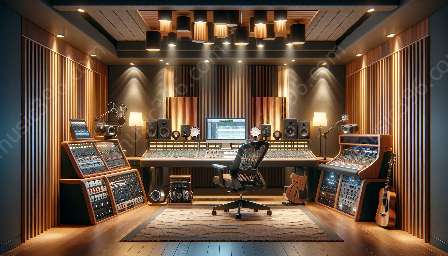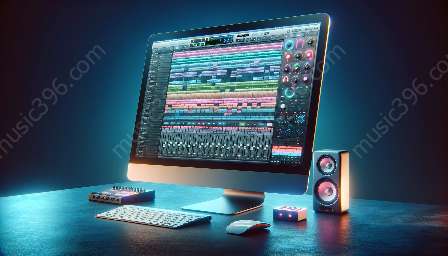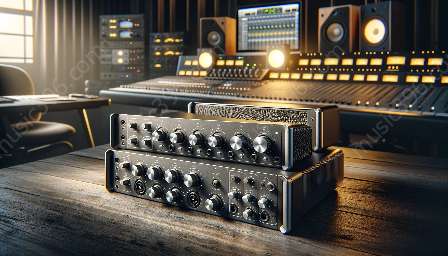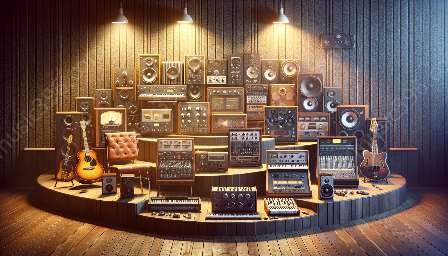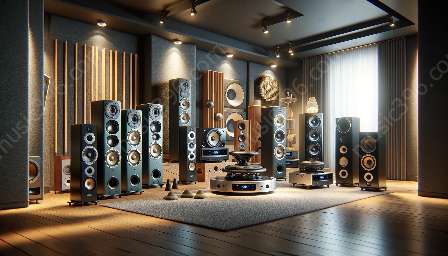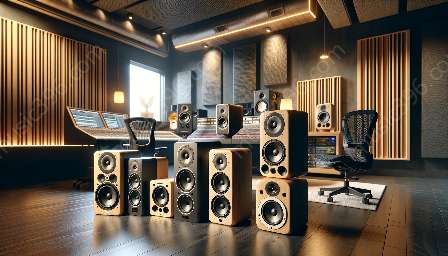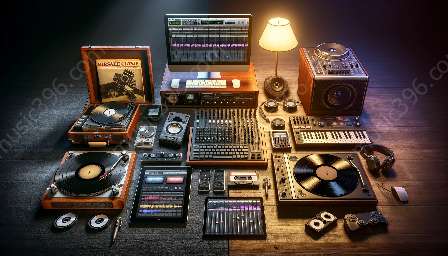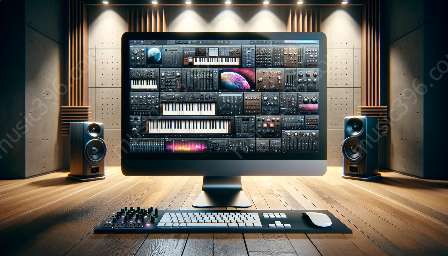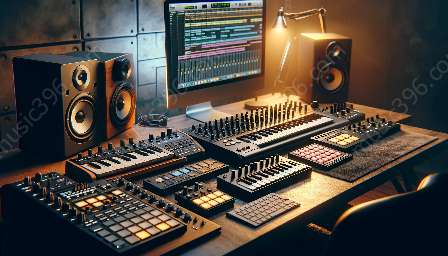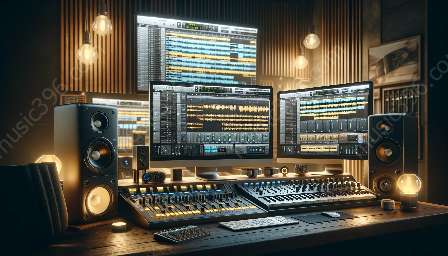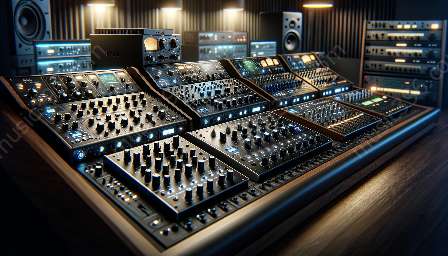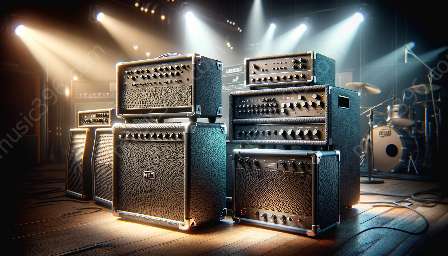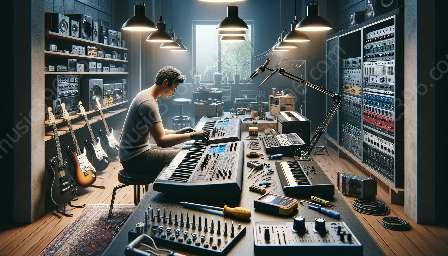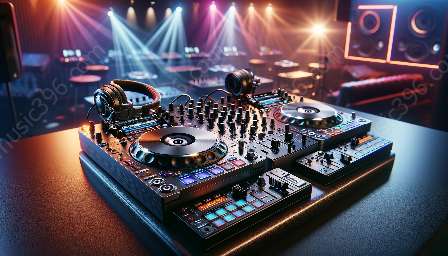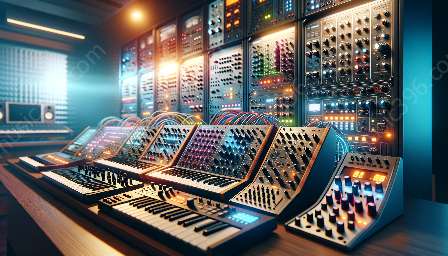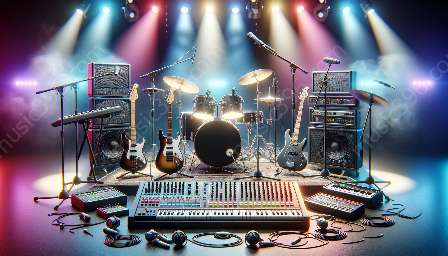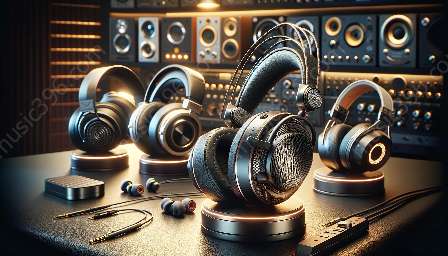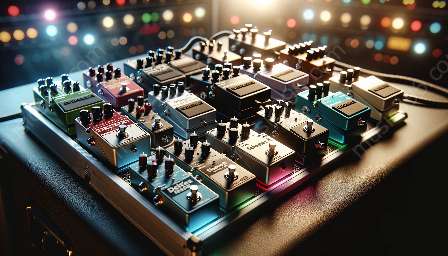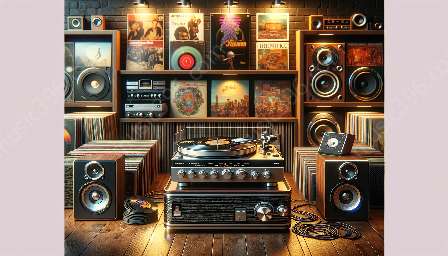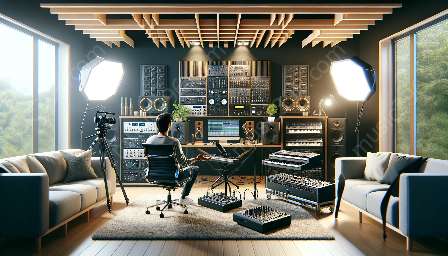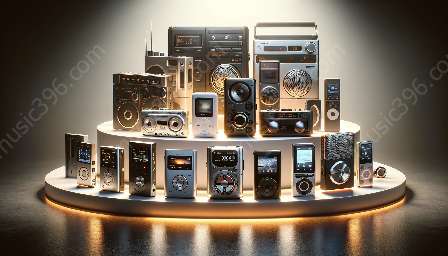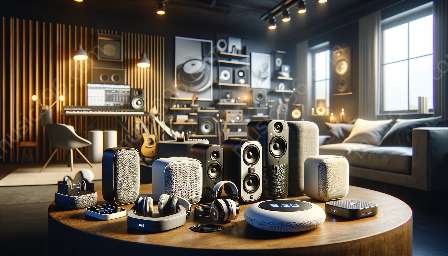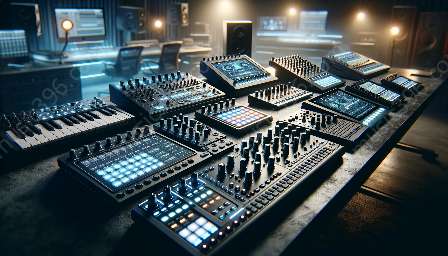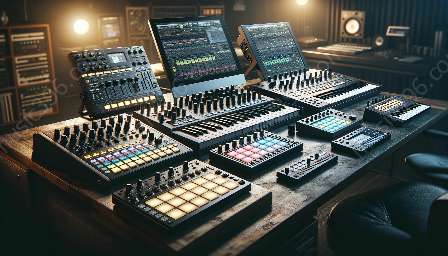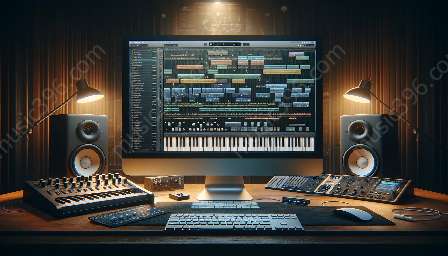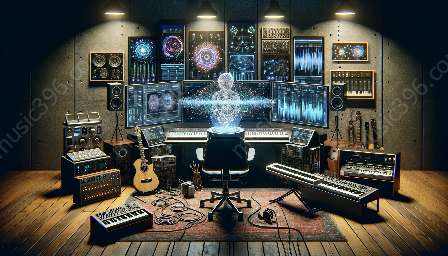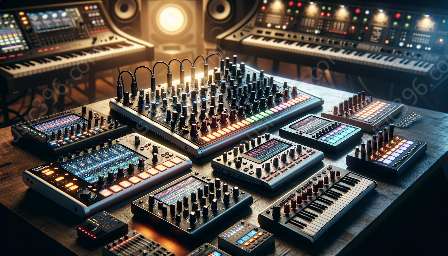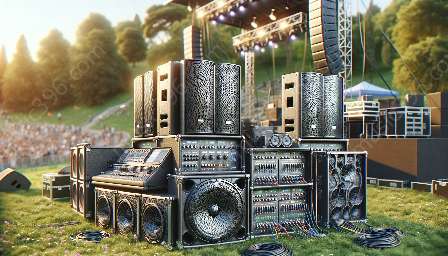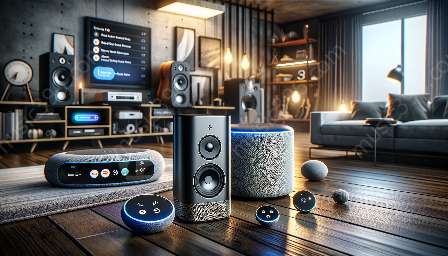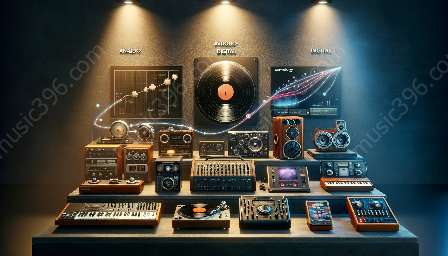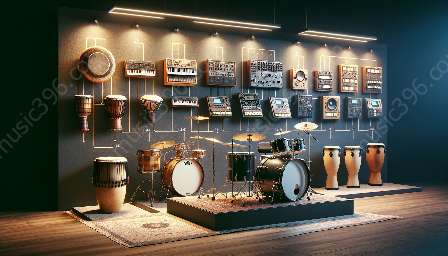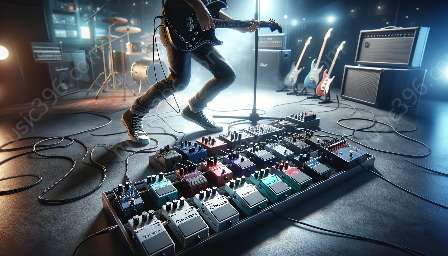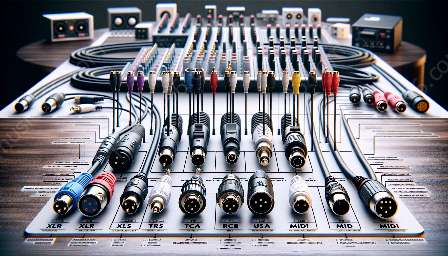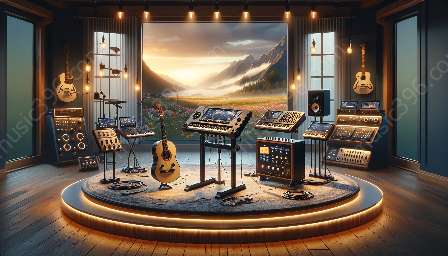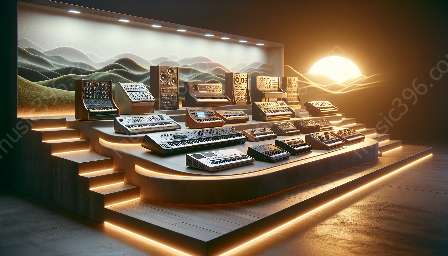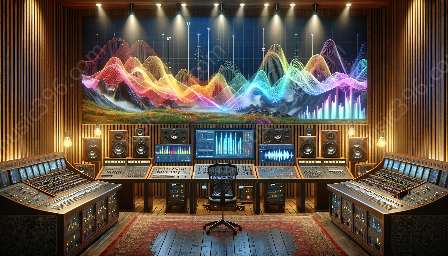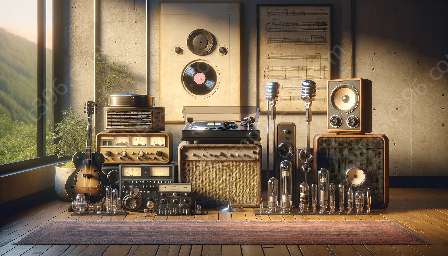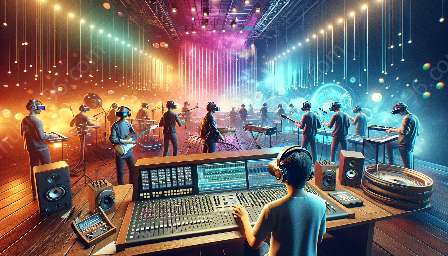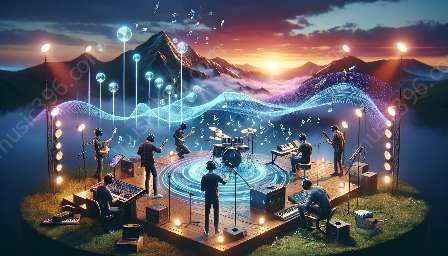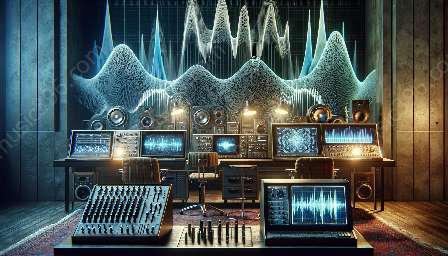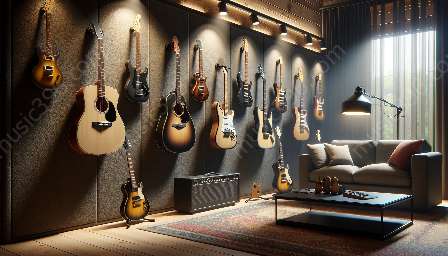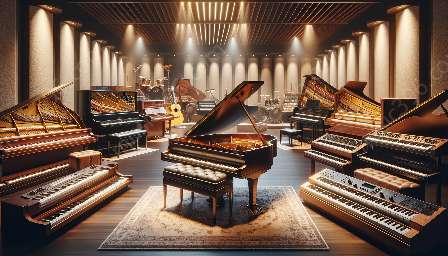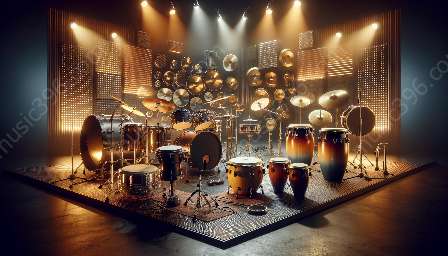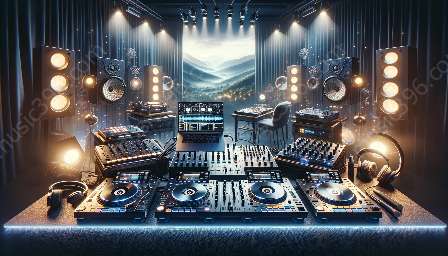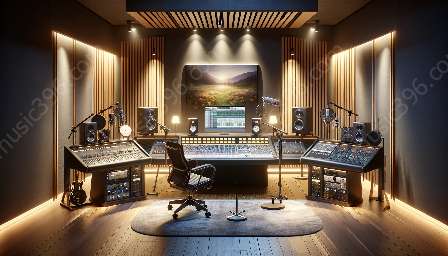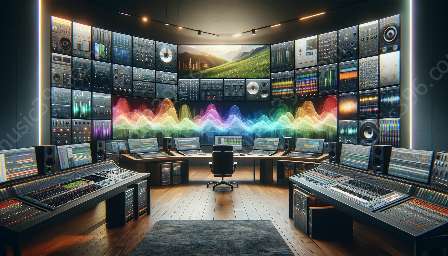Music and the tools used to create it have always been integral to the fabric of society and culture. The evolution of acoustic and digital instruments has raised intriguing questions about their social and cultural significance, as well as their impact on music culture and society.
Acoustic Instruments vs Digital Instruments
Acoustic instruments, such as guitars, pianos, violins, and drums, have a rich history dating back centuries. These instruments are crafted from natural materials and rely on manual manipulation to produce sound. On the other hand, digital instruments, including synthesizers, drum machines, and MIDI controllers, leverage electronic components and digital interfaces to generate and manipulate sound.
While acoustic instruments are often revered for their organic and traditional appeal, digital instruments are celebrated for their versatility, precision, and accessibility. The ongoing debate between acoustic and digital purists has sparked a fascinating exploration of how these instruments are perceived in the social and cultural spheres.
Social Perceptions
Socially, acoustic instruments are often associated with authenticity, craftsmanship, and emotional connection. They are frequently linked to cultural traditions, folk music, and live performances, evoking a sense of nostalgia and intimacy. In contrast, digital instruments are perceived as emblematic of innovation, modernity, and technological prowess. They are closely intertwined with electronic music, studio production, and digital creativity, reflecting a forward-looking and dynamic cultural identity.
Cultural Perceptions
Culturally, acoustic instruments carry deep-rooted significance in various musical genres, including classical, folk, jazz, and world music. They serve as vessels for cultural expression, heritage preservation, and storytelling, embodying the essence of cultural identity. Conversely, digital instruments have contributed to the evolution of diverse genres such as electronic, pop, hip-hop, and experimental music, shaping new sonic landscapes and redefining cultural norms.
Impact of Music Equipment & Technology
In the realm of music equipment and technology, the interplay between acoustic and digital instruments has revolutionized the way music is created, consumed, and perceived. The advent of recording technologies, digital audio workstations, and virtual instruments has ushered in an era of unprecedented access to music production tools, blurring the boundaries between traditional and modern approaches.
Furthermore, the democratization of music creation through digital instruments has empowered a wide range of individuals to explore their musical talents, express their creativity, and connect with global audiences. This democratization has influenced the social and cultural landscape by fostering inclusivity, diversity, and collaborative innovation, transcending geographical and cultural barriers.
Emerging Trends
As music equipment and technology continue to evolve, emerging trends are shaping the social and cultural perceptions of acoustic and digital instruments. Hybrid instruments that combine acoustic and digital elements are gaining traction, bridging the gap between tradition and innovation. Additionally, virtual reality and augmented reality technologies are redefining the live music experience, offering immersive interactions with both acoustic and digital instruments.
The rise of social media platforms and online communities has facilitated unprecedented connectivity among musicians and enthusiasts, enabling the exchange of diverse perspectives, performances, and educational resources. These platforms have become catalysts for cultural exchange, artistic collaboration, and the preservation of musical heritage across the globe.
Conclusion
The social and cultural perceptions of acoustic versus digital instruments are multifaceted and continually evolving. While acoustic instruments evoke tradition, craftsmanship, and cultural roots, digital instruments embody innovation, accessibility, and creative exploration. The intersection of music equipment and technology has redefined the cultural landscape, transcending boundaries and shaping a diverse and dynamic music culture.

